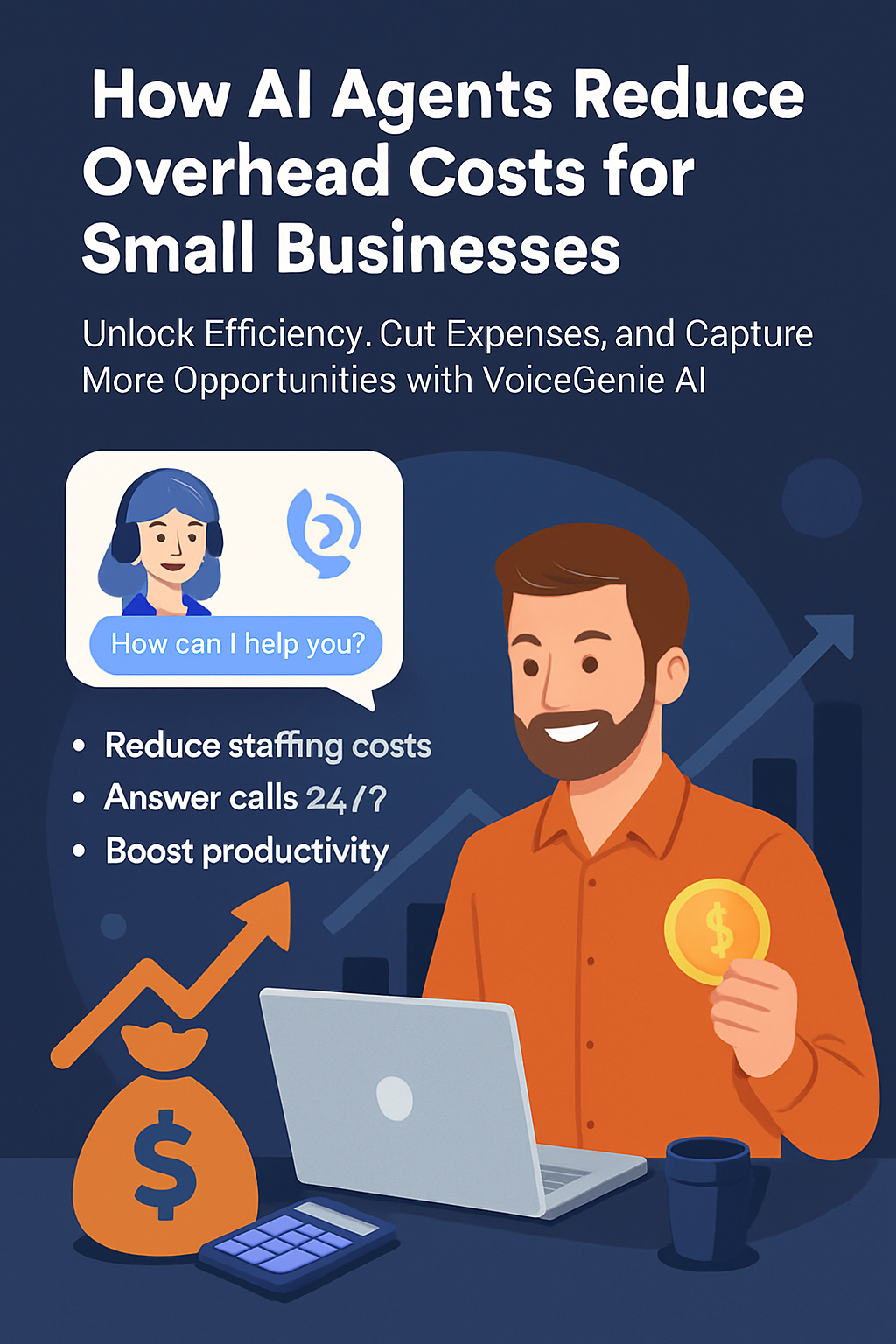Ethical AI: Avoiding Bias and Ensuring Transparency in 2025
Artificial intelligence (AI) has become a cornerstone of business operations, offering solutions that range from automating routine tasks to providing advanced predictive analytics. However, the use of AI also brings ethical concerns, particularly around bias and transparency. As AI systems become more prevalent by 2025, businesses will need to address these issues to ensure that their AI tools are used fairly and responsibly.
Bias in AI can occur when the data used to train algorithms is not representative of the diverse populations the AI will interact with. This can result in skewed outputs that favor certain groups over others, perpetuating existing inequalities. For example, biased AI in recruitment systems might unintentionally favor certain demographics based on past hiring data, leading to discriminatory outcomes. Similarly, AI-powered credit scoring models might disadvantage applicants from certain socio-economic backgrounds.
To avoid these pitfalls, businesses must implement rigorous testing and validation processes to identify and eliminate bias in their AI models. This includes using diverse datasets, involving a multidisciplinary team in the development process, and continuously monitoring the AI’s performance for signs of bias. Additionally, companies should be transparent about how their AI systems make decisions, providing clear explanations for the results generated by these models.
Transparency and accountability in AI are critical for maintaining consumer trust and ensuring that AI technologies are used ethically. Companies should consider adopting frameworks like the AI Ethics Guidelines provided by organizations such as the European Union or establishing their own ethical AI standards to guide development and deployment. Ultimately, ethical AI practices will not only help companies comply with regulations but also demonstrate a commitment to fairness and equality in their use of technology.
Social Responsibility in Technological Adoption in 2025
Beyond privacy and ethical AI, businesses in 2025 must consider the broader social implications of adopting new technologies. The impact of technology on employment, community well-being, and social equity are all factors that companies need to account for as they integrate digital tools into their operations.
One of the primary concerns surrounding technological adoption is the potential displacement of workers due to automation. While technology can create new opportunities, it can also eliminate certain jobs, particularly those that involve routine or manual tasks.
Companies have a social responsibility to manage this transition by investing in upskilling and reskilling programs that help employees adapt to new roles in the digital economy.
In addition to workforce impacts, businesses should also consider the environmental implications of their technological choices. Technologies such as blockchain, which can be energy-intensive, or the production and disposal of electronic devices, contribute to environmental degradation if not managed responsibly. Companies must prioritize sustainable practices, such as using renewable energy for data centers, adopting energy-efficient technologies, and participating in electronic waste recycling programs.
Some believe social responsibility extends to ensuring that technological benefits are accessible to all, including underserved communities - an open topic. Digital inclusion initiatives, such as providing affordable internet access, digital literacy training, and support for local tech startups, can help bridge the digital divide and create more equitable opportunities for participation in the digital economy.
Companies that embrace social responsibility in their technological adoption will be viewed as leaders who prioritize the well-being of their employees, communities, and the environment. This holistic approach will not only drive business success but also contribute positively to society, making technology a force for good.
By 2025, businesses will need to address the ethical and social implications of technology more comprehensively than ever before. Balancing privacy and innovation, ensuring ethical AI practices, and adopting a socially responsible approach to technology integration will be crucial for success in a rapidly evolving digital landscape. Companies that navigate these challenges effectively will build stronger relationships with consumers, foster a culture of trust and transparency, and contribute to a more equitable and sustainable future.
As technology continues to reshape the world of business, it is essential for companies to recognize their role not just as innovators, but as stewards of ethical practices and social well-being. By adopting responsible technological strategies, businesses can harness the power of technology to drive progress while upholding the values that matter most to society.
FAQs
1. How can businesses balance privacy with innovation in 2025?
Businesses can balance privacy and innovation by adopting data minimization strategies, using advanced encryption, and being transparent about data collection and usage, ensuring compliance with global privacy regulations.
2. What are some common issues associated with AI bias?
AI bias often results from training models on non-representative data, leading to discriminatory outcomes in areas like recruitment, credit scoring, and customer service. Businesses must use diverse datasets and regularly test their AI systems to avoid these issues.
3. How can companies ensure ethical AI usage?
Companies should adopt AI ethics guidelines, involve diverse teams in development, and maintain transparency about AI decision-making processes to ensure their AI systems are fair and unbiased.
4. What are the social implications of technology adoption?
Technological adoption can impact employment, community well-being, and environmental sustainability. Companies should invest in upskilling programs, prioritize sustainable practices, and support digital inclusion initiatives to mitigate negative impacts.
5. Why is social responsibility important in technological adoption?
Social responsibility ensures that technology is used to benefit all stakeholders, including employees, communities, and the environment, promoting equity, sustainability, and long-term business success.










